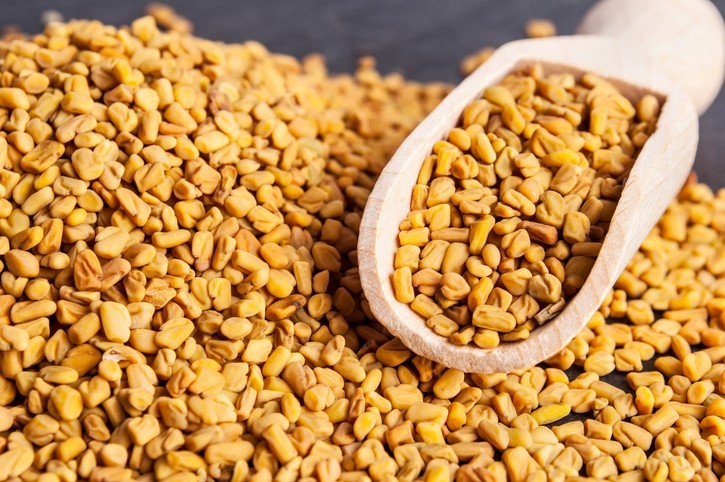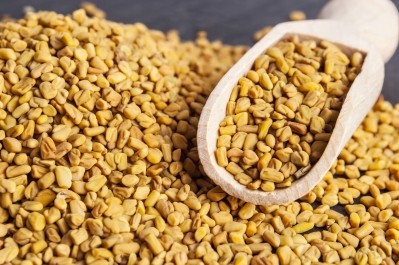Study confirms reproductive safety of fenugreek seed extract

Indus Biotech’s Fenu-FG fenugreek seed powder extract is available on the US market as a food supplement for female libido under the brand name Libifem via the company’s US partner, Gencor Pacific.
Fenugreek seed derived ingredients have GRAS (Generally Regarded As Safe) status in the US owing to a long history of safe medicinal use. However, their safety record has been tainted by reports of reproductive toxicity of crude extract of fenugreek seeds during prenatal exposure in some animals.
Given that its supplements specifically target female sexual health, Indus Biotech saw it as necessary to confirm the reproductive safety of Fenu-FG in “a supporting study for the market as well as for any further application under development for Fenu-FG”.
“Considering applications of Fenu-FG as a food supplement in female subjects (for female libido), evaluation of the reproductive safety profile of Fenu-FG supplementation in females, especially during prenatal exposure, was needed,” said Pallavi Deshpande, study leader and assistant manager of scientific affairs at the India-headquartered company.
Conflicting evidence
As well as the reproductive toxicity reports, there have been pre-clinical studies that have found fenugreek seed powder or extract to be safe for long term administration, even during pregnancy. The problem, according to Deshpande, is that none of the studies tested extracts standardised to a specific marker.
Of the reproductive toxicity reports, she said: “These reports utilised whole and crude extracts with unknown composition which were not standardised to any marker compounds. The toxicity shown in these papers might be related to residual levels of toxic solvents that are used during the extraction process.”
Standardised extract
The present study used Fenu-FG, standardised to 75.23% of furostanol saponin glycosides as a marker compound. The aim was to evaluate the safety of Fenu-FG using pregnant female rats and their fetuses during pre-natal development. The study was funded and led by Indus Biotech, in accordance with international OECD guidelines.
Fenu-FG was orally administered to 30 pregnant rats at doses of 250, 500 and 1000 mg/kg/day over the exposure period of gestational days 5-19. On day 20, the rats were subjected to caesarean section and the fetuses were examined for external, visceral and skeletal alterations.
Fenu-FG didn’t have any harmful effects on maternal and fetal parameters during the gestational period, nor did it result in any adverse effects on fetal weight, number of fetuses and their skeletal or soft tissue.
“The prenatal exposure of Fenu-FG (dose up to 1000 mg/kg, oral) during organogenesis period to female rats did not show maternal or embryo-fetal toxicity and no teratogenicity,” wrote the researchers.
Safe up to 1000 mg/kg/day
They concluded that the NOAEL (no observed adverse effect level) of Fenu-FG for maternal toxicity was greater than or equal to 1000 mg/kg/day.
At present, Fenu-FG is only on sale in the US and does not have any approved claims under the European Nutrition and Health Claims Regulation (NHCR) framework, although Deshpande said this was something the company was working on.
“Indus is working on it by testing and developing various standardised fenugreek seed extracts with scientific rationale based studies for such approvals,” she told us.
Source: International Journal of Pharmacy and Pharmaceutical Sciences
Vol 8, issue 12, DOI:http://dx.doi.org/10.22159/ijpps.2016v8i12.14942
“Prenatal developmental toxicity evaluation of furostanol saponin glycoside based standardized fenugreek seed extract during organogenesis period of pregnancy in rats”
Authors: Pallavi Deshpande, Vishwaraman Mohan, Mukul Pore, Shailesh Gumaste, Prasad Thakurdesai















